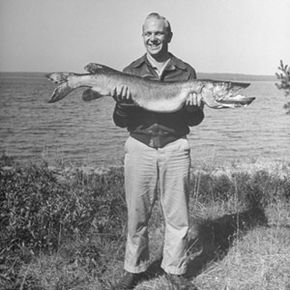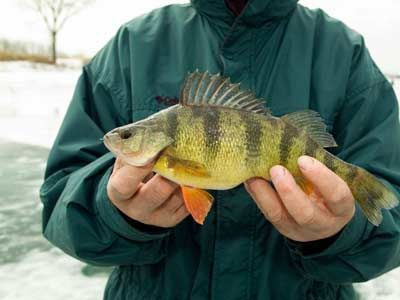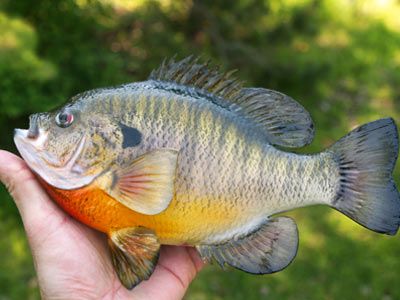You've always considered yourself an angler. You catch plenty of panfish, with a bass or two thrown in for good luck. But then you think about it. Those bass were so small you had to throw them back. And you've had goldfish bigger than some of the panfish you caught. That's it, you decide. You're going to stop fooling around and catch yourself the big one, the monster, the one you can mount on the wall of your den. If you're looking for a big fish, you've found your challenge in muskie.
Known in full as muskellunge, the muskie -- or musky -- can be quite the magnificent catch, but it's not without hard work. However, there is a bit of legend regarding the difficult strategy for catching muskie. Folklore persists that in order to catch muskie, one must use huge lures on a heavy line while trolling quickly across the lake [source: Vance's Resort]. However, this is not the case, as long as you know what you're doing.
Advertisement
So if you find yourself in the Great Lakes region -- or even better, Canada -- the muskie can be your goal. It's a definite step up from that baby bluegill your goldfish could swallow.
So when to go? It depends on your goal -- one big behemoth, or a whole mass of muskie. Read on to find out when to go to catch each.
Advertisement



